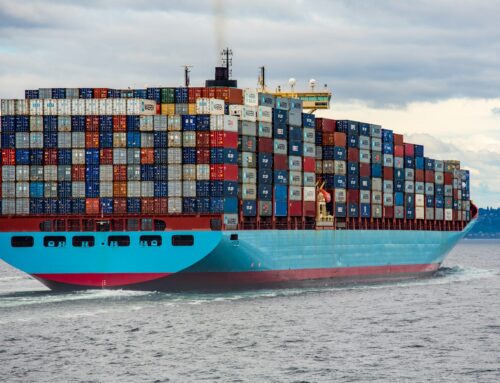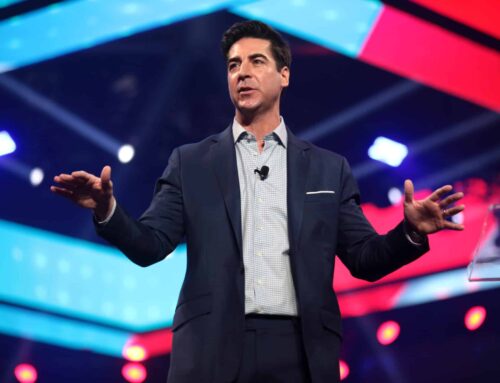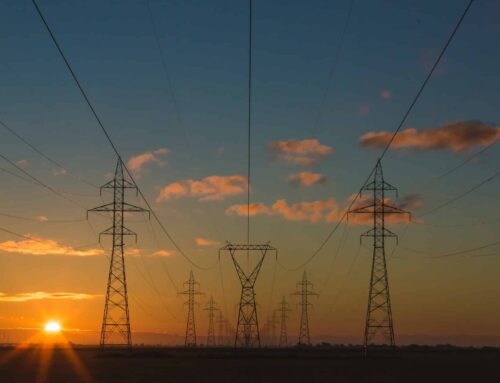Florida lawmakers are hoping that the mixture of election year politics and the upcoming hurricane season will deliver a perfect storm for an enormous new federal subsidy.
After Hurricane Andrew clobbered the state in 1992, state lawmakers stepped in to create a program to keep insurance rates from increasing dramatically to reflect the true storm risks. The problem is that politicians are good at getting reelected, but not at setting insurance rates that will properly cover the costs of large future storms. The result is Florida and a few insurance companies have billions of dollars in possible storm losses that they are committed to covering. But rather than face the true costs of managing that risk, Florida, and Allstate and State Farm in particular, are looking to the rest of the country to bail them out of their mistakes.
The so-called Homeowners Defense Act would create a new federal natural catastrophe program that puts taxpayers on the hook to loan funds to the state program if it gets in a cash crunch, and also to provide federally subsidized reinsurance. Reinsurance is insurance for insurance companies. Instead of relying on policyholder premiums or investments to pay off large claim volume, insurers can purchase reinsurance on the private market to cover larger losses – kind of like a deductible in car insurance. Problem is, they don’t want to pay the cost of private market insurance – the rates most others in America pay.
Make no mistake. Florida is the big winner here. Once you factor in size of loss and frequency of storms, Florida holds as much as 60 percent of the nation’s property at risk. And because the program is limited to states with state-backed reinsurance programs, right now only Florida would qualify. This leaves one politically important state with a disproportionate benefit from the program, and everyone else stuck with the bill.
Their prime importance in the electoral calendar is not lost on Florida politicians. A state Senator recently told the Wall Street Journal that, “I'm calling on the voters in both parties to demand that the nominee of their party publicly support a national disaster fund. If [the nominee] won't; vote for the other party.” The national disaster fund is another name for the natural catastrophe fund, which is a euphemism for taxpayers having to bail out bad decisions on the part of Florida and a few insurance companies.
Even setting aside the enormous potential fiscal hangover from the program there are other huge problems with the proposal.
The inherent subsidies in the program are going to encourage and reward high risk development in harms way, putting lives and property at risk. This creates a vicious cycle – the program subsidies drive new development which means greater losses when storms hit which means the taxpayer payout is more likely.
Hurricane season just kicked off at the start of June. Some of the storm watchers in the Sunshine state will be hoping that the political winds will send their proposal sailing through Capitol Hill and blow open the doors to the treasury. The House already passed their bill and the Senate has one waiting in the wings. With billions of dollars in taxpayer money at stake common sense dictates that lawmakers should and not break under pressure – either from election year politics or a tropical depression – and reject this proposal.














Get Social